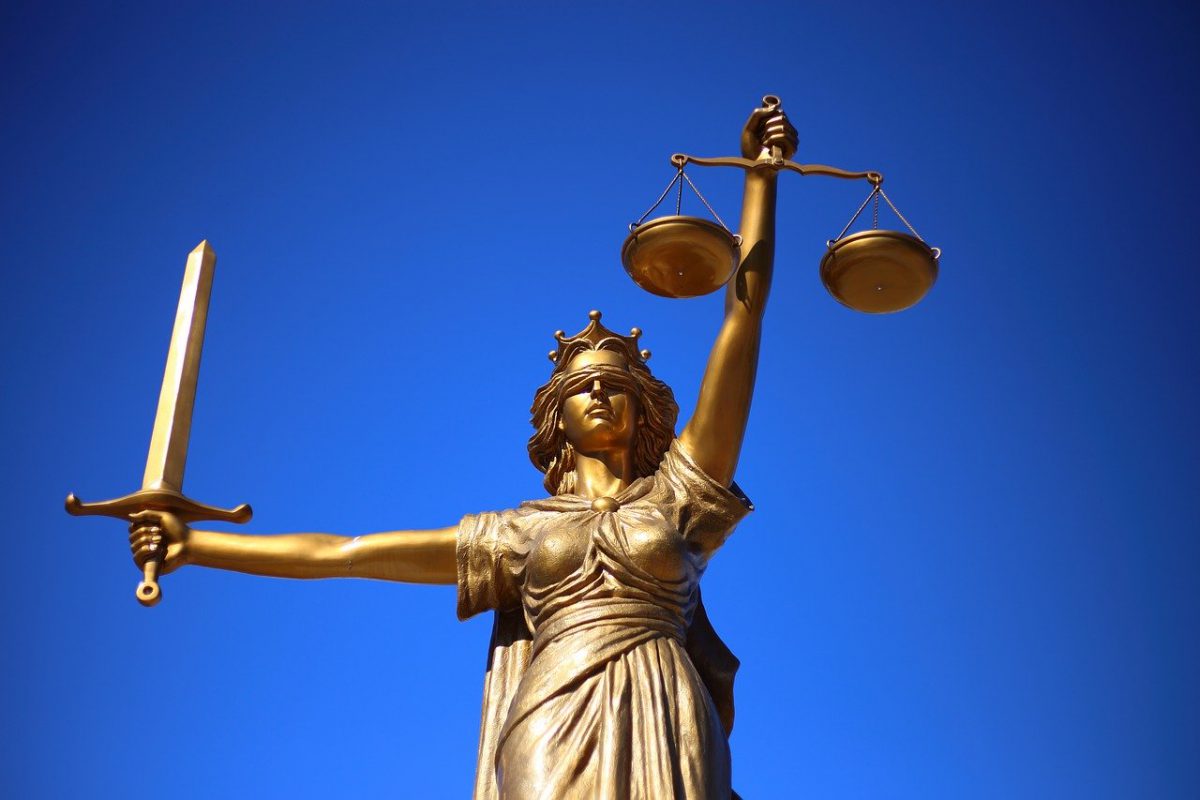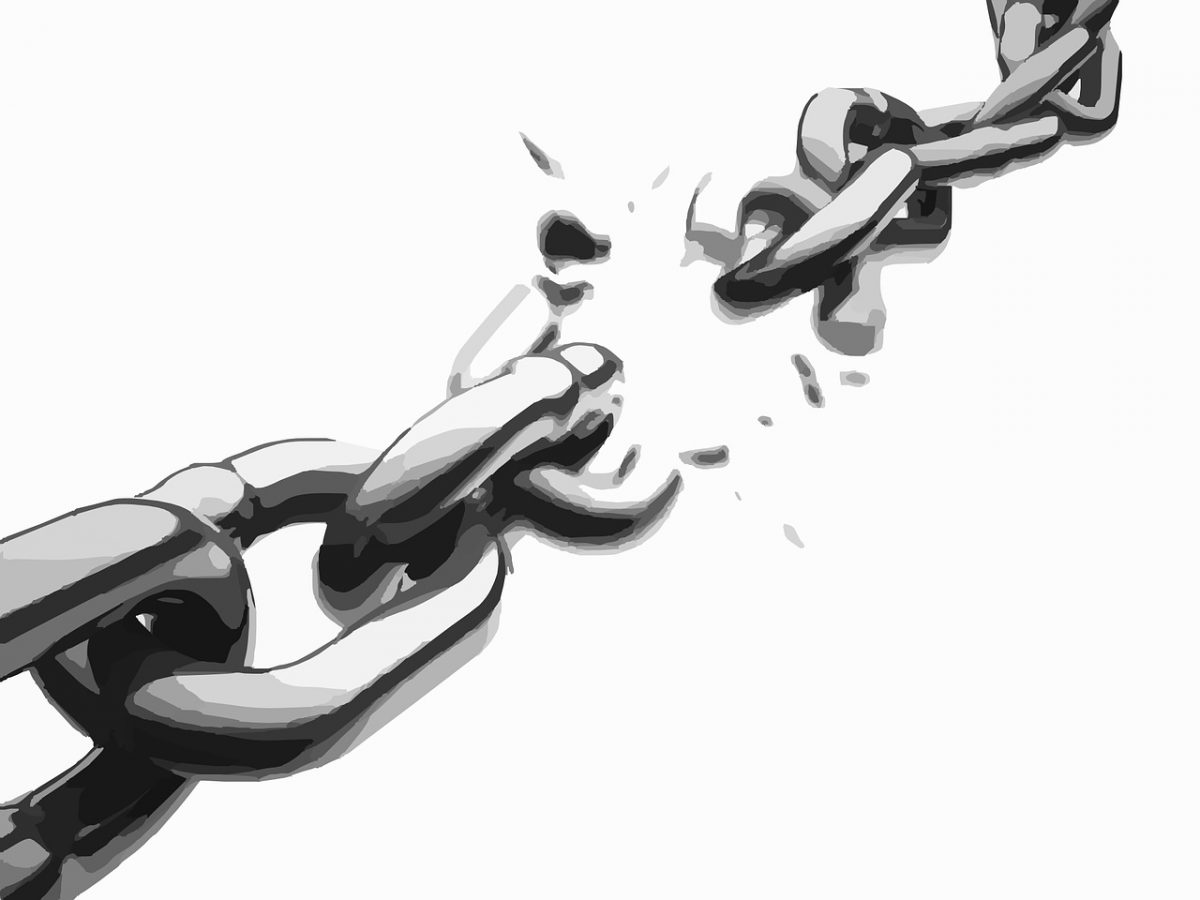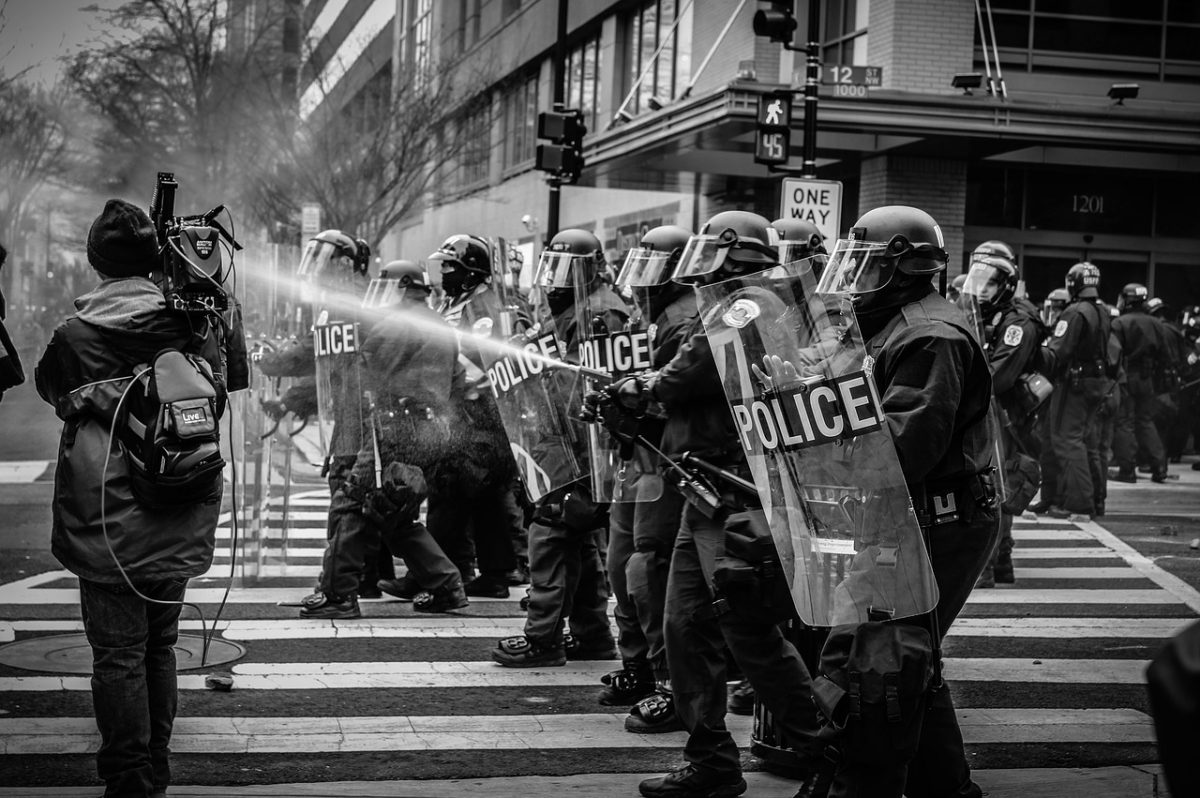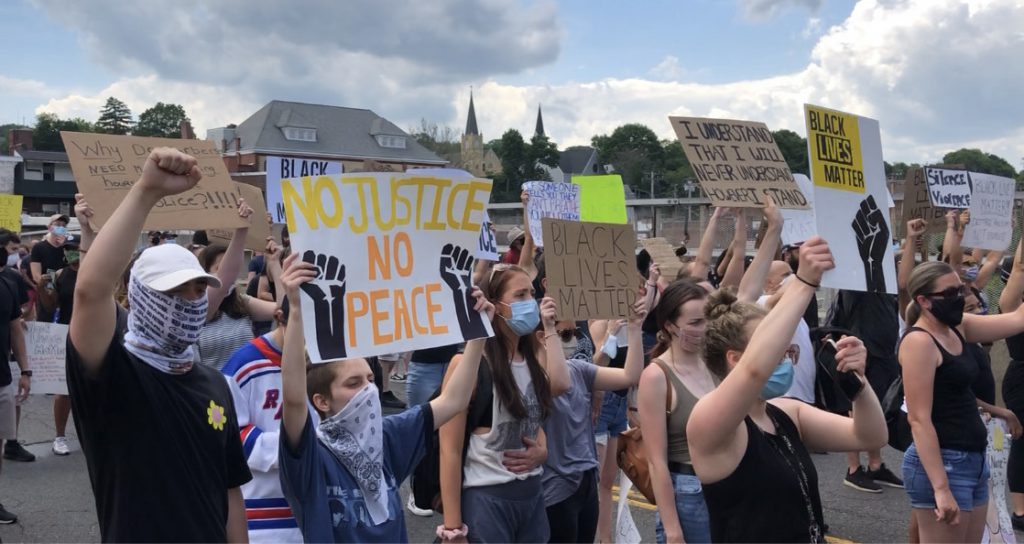When police abolition is discussed the first question brought up by most is fear based. Who will stop the murderers and rapists? Or in other words who will exercise force to make people submit to the rule of law if we no longer have police?
That this question comes up in this way so often speaks to the propaganda around the police and the notion that violence is the means to an end for the majority of conflict resolution. At the same time, it would be naive to assume that enforcing the law never requires force. The question then should be asked, when is force being legitimately applied and why does that justify the abolition of our current system? To answer this we need to look not only to the history of policing, but to the history of our government and its origins in the writings of John Locke.
John Locke
Locke was a philosopher in the 17th century who wrote a number of important works. In the political realm his most famous work is The Second Treatise of Government that arguably forms the basis of both the US Declaration of Independence and the original US Constitution.
In the Second Treatise, Locke forms the logical basis for the separation of church and state as well as that of legitimate government. Locke postulates that humans in nature exist in a perfect state of equality, liberty and executive power. They only subordinate these natural powers to the legislative power of society with the intent to better preserve themselves, their liberty and property. To do so with any other intent would be irrational.
Sect. 142. These are the bounds which the trust, that is put in them by the society, and the law of God and nature, have set to the legislative power of every commonwealth, in all forms of government.First, They are to govern by promulgated established laws, not to be varied in particular cases, but to have one rule for rich and poor, for the favourite at court, and the country man at plough.
The trust people put in government to subordinate themselves to laws that could lead to their own death is based on the firm promise that those laws will be applied fairly and equally.
Locke also states…
…wherever the power, that is put in any hands for the government of the people, and the preservation of their properties, is applied to other ends, and made use of to impoverish, harass, or subdue them to the arbitrary and irregular commands of those that have it; there it presently becomes tyranny, whether those that thus use it are one or many.
When people address the issue of pervasive police violence and corruption abetted either fully, partially or unwittingly by the government they are referring to tyranny.
Sect. 202. Where-ever law ends, tyranny begins, if the law be transgressed to another’s harm; and whosoever in authority exceeds the power given him by the law, and makes use of the force he has under his command, to compass that upon the subject, which the law allows not, ceases in that to be a magistrate; and, acting without authority, may be opposed, as any other man, who by force invades the right of another.
In many areas of the country, the police no longer exercise authority derived from the rule of law, they exercise it solely by force. The reason is that people living in those areas no longer consider police authority to be legitimate due to their continuing excessive and egregiously malicious use of their powers. This hampers enforcement of the law across the board, because even non-violent offenders consider themselves at risk of death and act appropriately within that belief.
Locke also tells us why this sort of tyranny does not cause the dissolution of government very often and also why the riots we are seeing are a sign of how bad things have become.
Sect. 225. Secondly, I answer, such revolutions happen not upon every little mismanagement in public affairs. Great mistakes in the ruling part, many wrong and inconvenient laws, and all the slips of human frailty, will be born by the people without mutiny or murmur. But if a long train of abuses, prevarications and artifices, all tending the same way, make the design visible to the people, and they cannot but feel what they lie under, and see whither they are going; it is not to be wondered, that they should then rouze themselves, and endeavour to put the rule into such hands which may secure to them the ends for which government was at first erected; and without which, ancient names, and specious forms, are so far from being better, that they are much worse, than the state of nature, or pure anarchy; the inconveniencies being all as great and as near, but the remedy farther off and more difficult.
The public is willing to put up with a lot of stupidity from government. Government can screw up on the little things and people won’t revolt, but when they screw up on the big things over and over again people rise up. The response we are seeing on the streets is based in pervasive abuse of the system by those that are supposed to govern it.
Locke even tells us he doesn’t have the answer on handling resistance of illegal force (essentially what we see as protesting and rioting), because if you let it get to that point you’re a fucking idiot.
Sect. 209. But if either these illegal acts have extended to the majority of the people; or if the mischief and oppression has lighted only on some few, but in such cases, as the precedent, and consequences seem to threaten all; and they are persuaded in their consciences, that their laws, and with them their estates, liberties, and lives are in danger, and perhaps their religion too; how they will be hindered from resisting illegal force, used against them, I cannot tell. This is an inconvenience, I confess, that attends all governments whatsoever, when the governors have brought it to this pass, to be generally suspected of their people; the most dangerous state which they can possibly put themselves in, wherein they are the less to be pitied, because it is so easy to be avoided; it being as impossible for a governor, if he really means the good of his people, and the preservation of them, and their laws together, not to make them see and feel it, as it is for the father of a family, not to let his children see he loves, and takes care of them.
The Conflict That Keeps The System In Place
It’s easy to see why people are upset and that the obvious solution is to have police do the right thing, but there is a conflict that we refuse to acknowledge. The conflict results from the exigencies of capitalism. Police started as a way for those in power to enforce unfair and unjust practices on laborers. In the South, modern police arose from slave patrols, while in the north police forces were created at the behest of merchants to control labor unrest in the face of “riots” (protests and strikes in actuality) over appalling working conditions.
The nature of modern policing in the USA is based on this origin and it has never really changed. We’ve thrown good on top of bad for so long that it’s hard to see to the rotten core of policing anymore, but it’s there and it’s the reason why we need to abolish them and find something different. We can legitimately exercise force to require people to submit to the law only when we have removed the gross excess of tyranny imposed upon them by those chosen to enforce the law.




